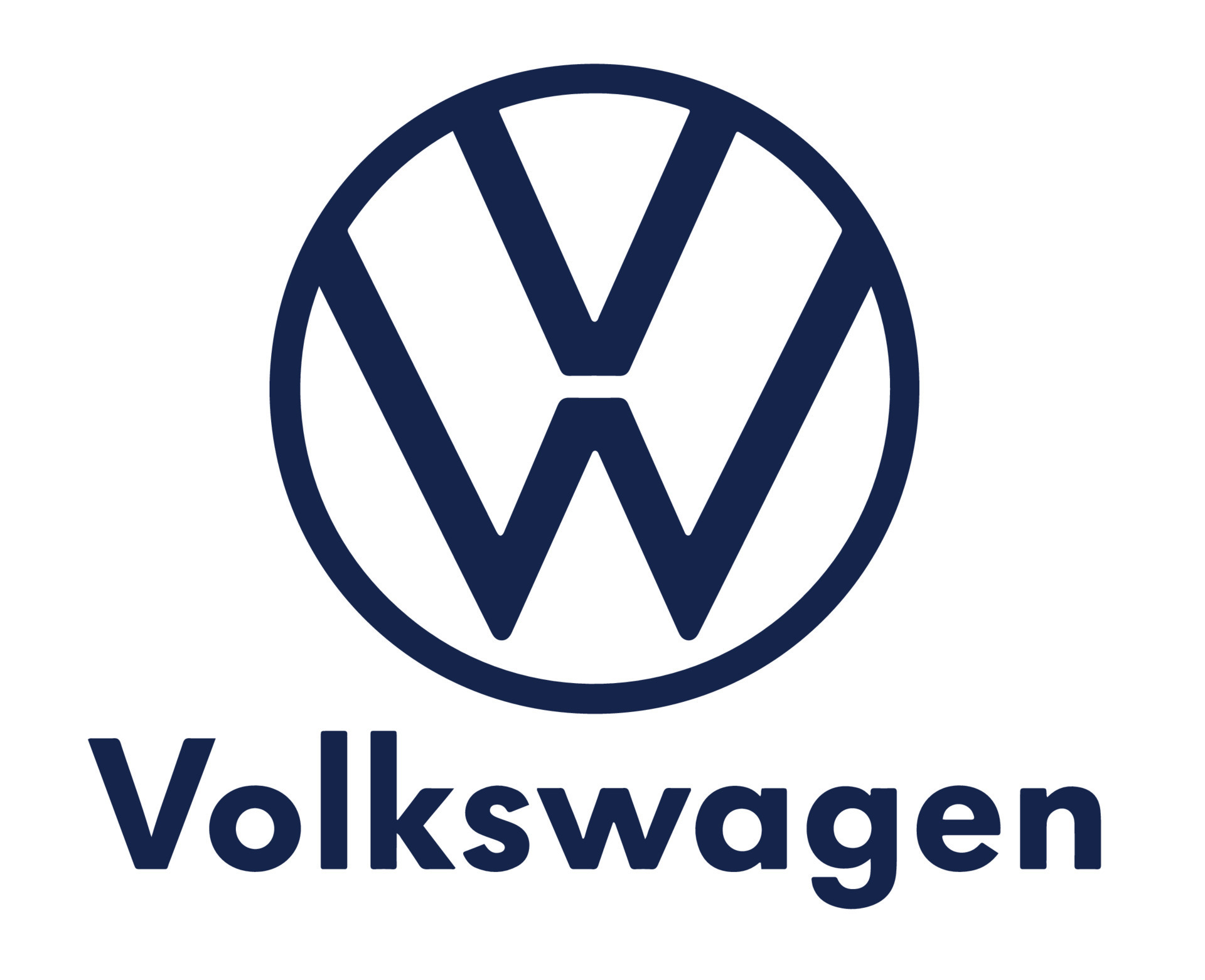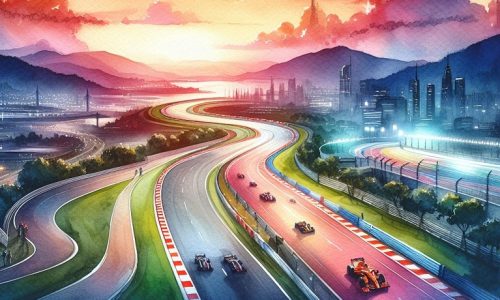
Volkswagen
Volkswagen, often abbreviated as VW, holds a storied history deeply entrenched in the automotive world. Founded in 1937 by the German Labour Front, it was originally established to manufacture an affordable car for the common people – a vision championed by Adolf Hitler. This vision led to the creation of the iconic Volkswagen Beetle, or “The People’s Car” (in German, “Volkswagen”), designed by Ferdinand Porsche. The Beetle became a symbol of automotive innovation, mass production, and accessibility.
Post-World War II, Volkswagen faced a significant challenge in rebuilding its reputation. However, under the leadership of Heinrich Nordhoff, the Beetle was reintroduced and gained immense popularity worldwide during the 1950s and 1960s, notably in the United States. It became an automotive icon due to its distinctive design, reliability, and affordability.
The 1970s saw Volkswagen diversify its product range, introducing models like the Golf, Passat, and Polo. The Golf, in particular, became a cornerstone model, revolutionizing the hatchback segment and setting new standards for compact cars.
In the 21st century, Volkswagen experienced both triumphs and challenges. It continued to expand its lineup with models like the Jetta, Tiguan, and Touareg while acquiring other brands such as Audi, Porsche, Bentley, and Lamborghini. However, the company also faced a significant setback in 2015 due to the diesel emissions scandal, where Volkswagen admitted to cheating on emissions tests, leading to substantial fines and damage to its reputation.
Despite the setbacks, Volkswagen remained a global automotive force, focusing on electric vehicles and sustainability. It launched its ID. series, embracing electric mobility, and announced ambitious plans to become a leader in the electric vehicle market. The company aims to transform its image and operations, emphasizing innovation, eco-friendly technologies, and ethical practices to steer towards a more sustainable future in the automotive industry.

